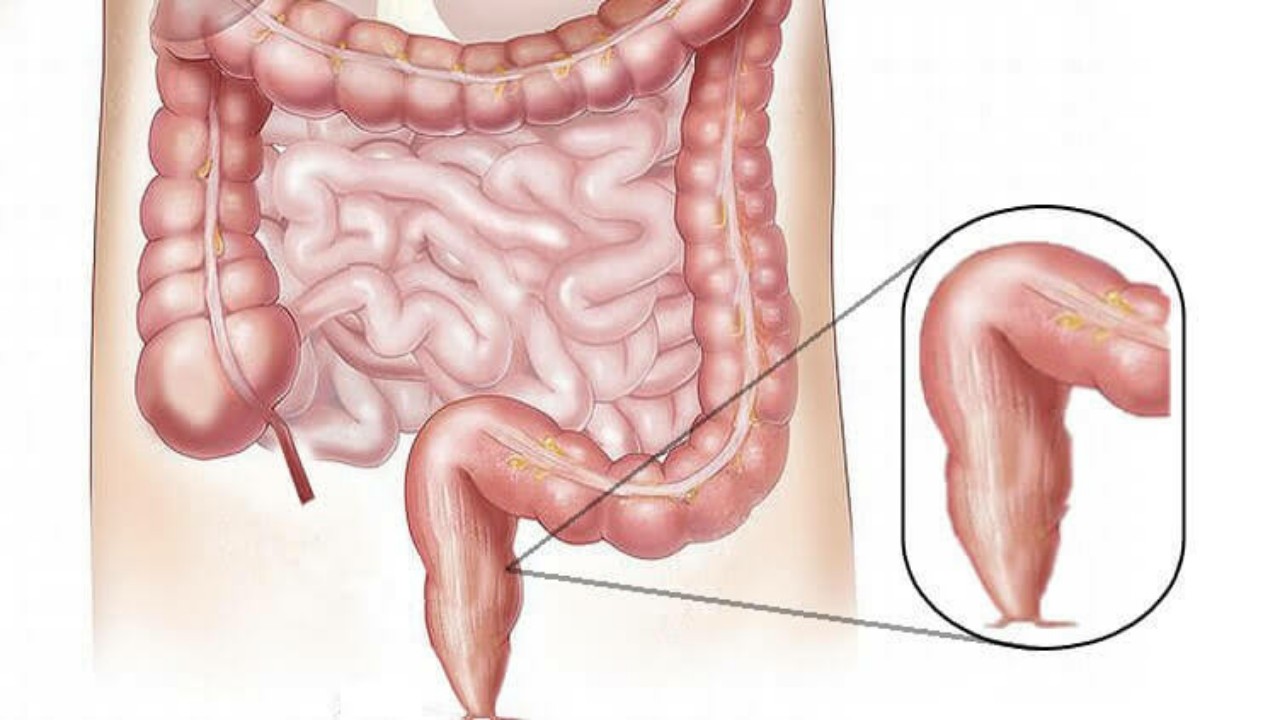

The same factors that enhance the risk of colon cancer can also increase the chance of rectal cancer. Risk factors for colorectal cancer include:
Getting older. Colorectal cancer can strike at any age, although the majority of persons diagnosed with it are over 50. Colorectal cancer rates in persons under the age of 50 have been rising, but physicians aren’t sure why.
Colorectal cancer is more common among people of African heritage born in the United States than in people of European ancestry.
If you’ve had rectal cancer, colon cancer, or adenomatous polyps, your risk of colorectal cancer is increased.
Colorectal cancer is increased by chronic inflammatory illnesses of the colon and rectum, such as ulcerative colitis and Crohn’s disease.
FAP and Lynch syndrome are two genetic abnormalities that can raise your risk of colon and rectal cancer if passed down through generations.
If you have a parent, sibling, or kid who has had colon or rectal cancer, you’re more likely to get it.
A diet strong in red meat and low in vegetables, especially when the meat is scorched or well done, may be linked to colorectal cancer.
Colorectal cancer is more likely to occur if you are inactive. Regular physical activity may help to lower your cancer risk.
Colorectal cancer is more likely in people with poorly controlled type 2 diabetes.
When compared to those of a healthy weight, obese people have a higher risk of colorectal cancer.
Smokers may be at an elevated risk of colorectal cancer.
Drinking more than three alcoholic beverages per week on a regular basis may raise your risk of colorectal cancer.
Radiation therapy used to treat previous cancers in the abdomen may increase the risk of colorectal cancer.
Credits: Mayo Clinic
Today, we will look at three common mistakes couples make in their relationships regarding intimacy…
In this article, we will learn about the simple ways that can help one overcome…
Check out the list of couples' biggest relationship mistakes in this article.
In this article, we will learn about anxiety and how one can handle it in…
In this article, you will understand the horrifying effects of child abuse.
Here, check out the ways to find peace amidst personal life chaos